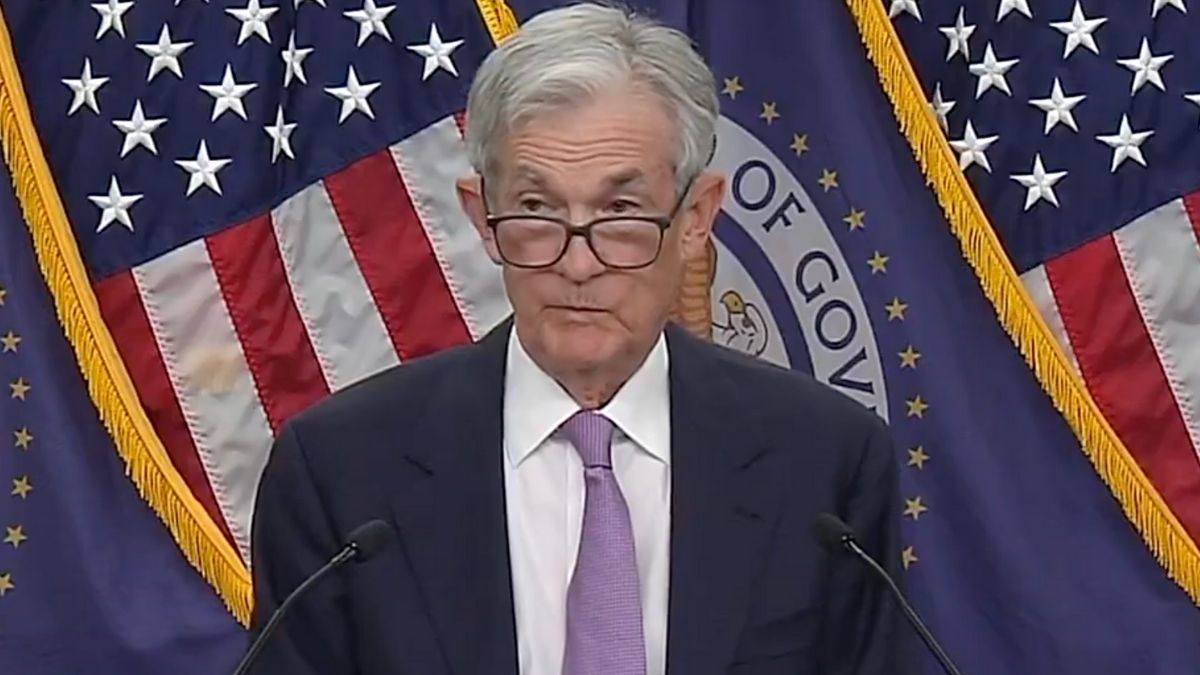Federal Reserve Chair Jerome Powell made it clear on Thursday that he would not step down if President-elect Donald Trump attempted to remove him from office. Speaking at a press conference following the Fed’s latest interest rate cut, Powell emphasized that his position, as well as those of other Fed governors, is protected by law, preventing any removal before their terms end. Powell’s term as Chair is set to expire in May 2026, with his broader term as governor lasting until January 2028.
The statement came after the Federal Open Market Committee (FOMC) lowered the interest rate target range by a quarter percentage point to 4.5%-4.75%. The Fed’s decision aligns with its goal to normalize monetary policy in response to cooling inflation.
Powell dismissed concerns about how Trump’s policy objectives might impact Fed decisions, reiterating the central bank’s independence. “In the near term, the election will have no effect on our policy decisions,” Powell said, adding that the Fed avoids speculation on future government policies.
Tensions in Fed Leadership
Trump initially appointed Powell as Chair in 2018, replacing Janet Yellen. However, tensions between the two emerged as Trump criticized the Fed’s policy decisions throughout his first term, breaking the traditional stance of presidential non-interference with the central bank. Trump’s critical stance towards the Fed marked a significant shift from the norm, as previous presidents largely refrained from publicly challenging the Fed’s decisions.
With Trump’s return to office, there are renewed concerns about potential friction between the White House and the Fed. Trump has hinted at nominating individuals like former Fed Governor Kevin Warsh, known for his critiques of the Fed, or former administration economist Kevin Hassett as possible replacements for Powell when his term ends.
Potential Policy Clashes Ahead
Trump’s stated policy goals, which include imposing broad tariffs and implementing mass deportations, could create inflationary pressures. If such policies lead to rising inflation, the Fed might face obstacles in further rate cuts and could even be forced to increase rates, setting the stage for a possible policy clash.
Despite the anticipated pressures, Fed policy remains insulated from immediate political influence, as Powell noted. Financial experts, including Comerica Bank’s Chief Economist Bill Adams, suggest that while Trump may push for more aggressive rate cuts, the Fed’s structure provides some stability. For now, the central bank has room to operate independently, focusing on its mandate without succumbing to political influence.
As the Fed maintains its cautious approach to monetary policy, Powell’s leadership is expected to continue until his term concludes, barring any extraordinary measures to challenge the Fed’s independence.


